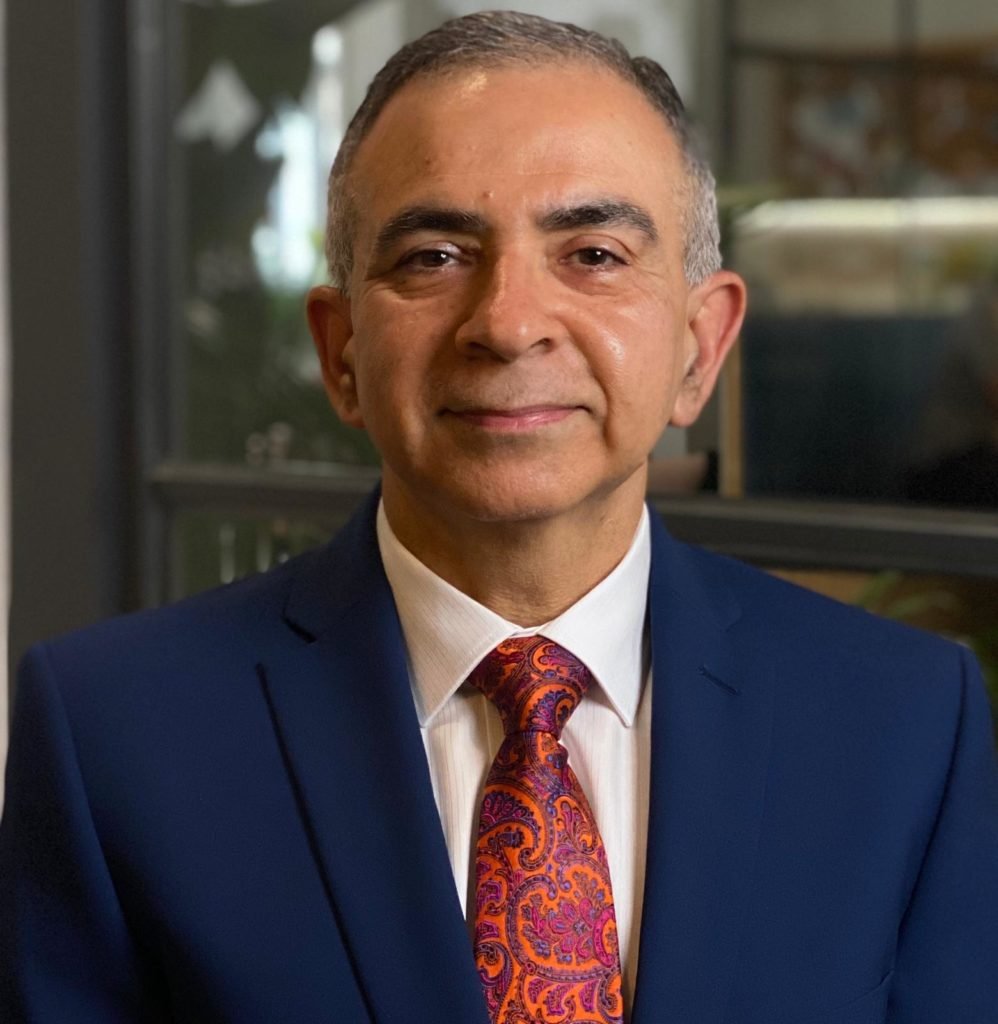Manoj Dhar
Manoj Dhar is the CEO of Integrated Brilliant Education, an NGO in Hong Kong that helps socio-economically disadvantaged non-Chinese speaking children. He promotes Chinese language learning and inclusive learning environments. He has won awards for his exceptional leadership, including the Operation Santa Claus/UBS NGO Leadership Programme in 2017 and the SCMP Classified Post HR Appreciation NGO Covid-19 Special Award in 2021. He also enjoys sports, music, and movies with his family.
What we learnt
Manoj Dhar co-founded a charity more than eight years ago to tackle the lack of inclusive education for a specific group of socioeconomically marginalized individuals in Hong Kong. These children, primarily non-Chinese speakers from ethnic or linguistic minorities, were the focus of his organization's efforts. Manoj firmly believed that education was the key to breaking the cycle of intergenerational poverty.
When discussing the concept of impact, Manoj emphasized the importance of taking action-oriented initiatives that resulted in tangible and positive changes within a specific timeframe. He recognized the significance of social innovation in achieving meaningful outcomes. Manoj also emphasized the measurement of positive change, stating that addressing deeply ingrained societal issues required at least five years of sustainable impact. He looked to the United Nations' Sustainable Development Goals for 2030 as a reference point. Additionally, he highlighted improved academic performance, increased motivation to study, reduced dropout rates, and successful university admissions as indicators of impact in the work of his organization, IBEL.
During a challenging period marked by social unrest and the COVID-19 pandemic in Hong Kong, Manoj shared a successful impact project undertaken by IBEL. Despite disruptions and limited resources, the organization quickly adapted to keep their centers operational and support the children. They made necessary adjustments to schedules, provided technology resources, and routinely distributed covid care items such as facemasks, RAT kits, hand sanitisers, chewable vitamins. Manoj emphasized the importance of proactive problem-solving, finding solutions, and maintaining trust and support for the children and their families.
In terms of difficult decisions, Manoj respected the teaching staff concerns that ranged from disrupted transport and physical safety of the social unrest days to health and social distancing concerns of the covid pandemic ; and worked with them to pivot with the dynamically challenging environs. IBEL had to make adjustments to class sizes and schedules, which occasionally meant reducing the number of children they could accommodate. Whilst the covid pandemic hurt the employment and income of the families, it also posed a significant challenge for IBEL on how best to sustain it's highly subsidized educational fees. Driven by the priority to ward off the spectre of exacerbating educational poverty amongst the beneficiary children, IBEL always found a way to keep it's support services full operational and welcoming.
Manoj also discussed IBEL's collaborators and partnerships, which included funders, volunteers, universities, local schools, and individuals who contributed to the children's education. They also innovated and collaborated with physical and mental health partners to address issues such as weight gain and myopia resulting from reduced physical activity during school closures.
Expressing his aspirations, Manoj revealed that his primary wish would be to have access to unrestricted funding and consistent multi-year funding for NGOs like his. He stressed the critical importance of funding administrative expenses such as rent, as these directly impacted their operational capabilities. Additionally, Manoj voiced his concern that funders appear to be seeking only short termed (usually one year) 'projects' ; as opposed to existing initiatives that are proving their efficacy and impact. He firmly believes that the only cure for any ill or ailment is to address the root cause and not mere cosmetic efforts to address the symptoms
In conclusion, the conversation with Manoj provided valuable insights into his passion for aiding marginalized children and the unwavering commitment of IBEL to making a meaningful impact through inclusive education and community outreach.
Key quotes
‘Solution finding was the mantra for us. So it was a matter of being quick and not getting bogged down with all the problems that were constantly changing and finding a way to ensure that what we had set out to do did not get lost and we were constantly helping the kids.’
‘I am an extremely firm believer of the idea that actions speak louder than words, believe that impact is something that is action-oriented. This means that it delivers action and that such action must lead to certain change, hopefully within a definitive amount of time’
' Any ill afflicts a society's fabric, over a protracted period of time, which could be over several years. Invariably such challenges come to light, well after they have become deep rooted. Thus it logically follows that to identify and address the cause, too will take a minimum of 5 years or thereabouts. Remedial process is not an overnight one.'
'During the covid pandemic, we routinely supported the beneficiary children families by extending our services to providing them for essential commodities such as cooking oil, rice, wheat etc. Initially we were often queried as to why we are extending ourselves well beyond our educational mandate towards the children ? Our logic was simple - the child's preliminary welfare is from her/his family eco-system. The dire times of the covid pandemic, witnessed harsh job losses and high unemployment amongst our beneficiary children families. Being deeply committed to the children community, IBEL felt that this was the moral and responsible thing to do. '
‘It takes a while for anything to have a genuine impact. That's the timeframe that one must take into account because the healing process takes a while, and people don't realize it until it has taken hold of society. To address it, it's never going to be a small project-based approach.’
